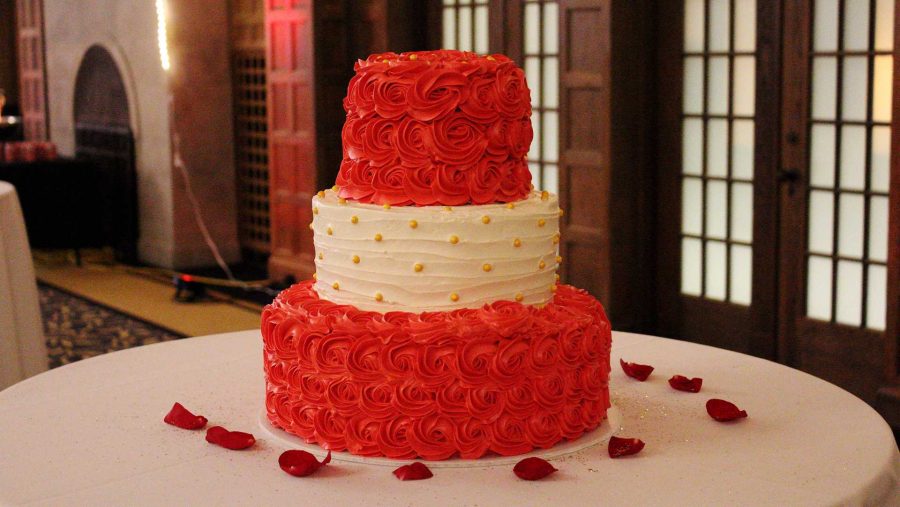In the summer of 2012, same-sex couple Charlie Craig and David Mullins visited Masterpiece Cakeshop in Denver to order a custom wedding cake to celebrate their marriage. However, Jack Phillips, the owner of the bakery, refused to create a cake for the couple on the basis that the couple’s union violates his Christian faith.
Upon refusal, both Craig and Mullins filed a complaint with the Colorado Civil Rights Commission under the state’s public
accommodations law. The Colorado Anti-Discrimination Act prohibits businesses that are open to the public from refusing service to customers in regards to either, but not limited to, their race, religion, or sexual
orientation.
The complaint resulted in the formation of a lawsuit, Craig v. Masterpiece, and was heard before the U.S. District Court. It ruled in favor of the couple on the basis that Phillips had indeed discriminated against them because of their sexual orientation. Phillips appealed the decision and was first rejected by the U.S. Court of Appeals after a review was held and the findings were the same. In the fall of 2016, Phillips petitioned the case to be heard by the U.S. Supreme Court for review, filed under Masterpiece Cakeshop Ltd. v. Colorado Civil Rights Commission. The Supreme Court agreed to hear his case this fall.
RELATED: Pope: Church and state need a divorce in the U.S.
This contentious issue has ignited a controversy over the First Amendment and posed the question of whether businesses can refuse service because of their rights of free speech and religion.
Many individuals find themselves on the fence concerning this case, because they understand it could be argued that Craig, Mullins, and Phillips are having their individual rights violated in some way.
I understand both sides of the story; however, I believe there is a fine line that separates discrimination and disagreement. While I do not condone any form of discrimination against members of the LGBTQ community, I also understand that not everyone has the same mindset as me. It is possible to disagree with individuals on certain matters without practicing a form of discrimination. All should be free to live their lives in whatever way they see fit; however, not all should be compelled to agree with their lifestyles and forced to accommodate them. In the case of Phillips specifically, it is necessary to understand that because Phillips is a business owner, he has to comply with federal law in regards to his business possessing corporate personhood. Phillips cannot simply pick and choose whom he wants to serve because that is a form of discrimination in itself.
It is important to also note that perception plays a big role in this case. Rather than everything simply being categorized as black and white, this case is many shades of gray, making it difficult to say what is exactly wrong and what is exactly right because everyone has their own interpretation of the law. One thing is sure, however: The Supreme Court faces a case that can possibly change our legal system as we know it in regards to our individual rights.



